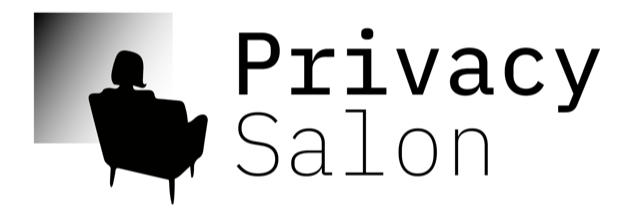Photo credits: Image by Alan Warburton / © BBC / Better Images of AI / Plant / CC-BY 4.0
The Master in Design for Responsible Artificial Intelligence is a part-time and low-residency programme for professionals interested in developing skills in creative research, context analysis, critical thinking and storytelling, and strategic decision-making while investigating the multiple ways in which artificial intelligence systems are impacting our daily lives and engaging with complex questions emerging from wider issue areas related to digital technologies in sustainability, ai ethics, media and social justice from intersectional and transdisciplinary perspectives.
The Master in Responsible AI is created for professionals with backgrounds in digital service design, strategic design and communications, interaction design, cultural management, political science, social innovation, journalism, trend research, data science or other technical disciplines as data or computer science related to artificial intelligence systems, who are working in different areas of the digital economy, leading or participating in digital transformation projects across public institutions and private sector organisations.
We go beyond artificial intelligence
We will create the conditions for you to become a specialist in designing for responsible artificial intelligence, an emerging field that aims to understand artificial intelligence as socio-technical systems to study the different impacts they have in society and the Planet, investigating and designing theories, frameworks, methods and other tools for an ethical, legal, and sustainable development, deployment, governance and usage of artificial intelligence systems for a more responsible artificial intelligence.
There is a growing need in the public and private sectors, particularly in the US and Europe, for designers and other creative professionals with technical and non-technical backgrounds able to apply a critical design attitude and a transversal set of capabilities and mindsets to collectively learn how to transform principles (ways of thinking) such as transparency, justice and fairness, non-maleficence, responsibility and privacy into action (ways of doing) to assess and mitigate risks, increase digital media literacy in the wider public and learn the best ways humanity can use these powerful technologies to address the socio-ecological implications of the environmental emergency and make possible the UN’s Sustainable Development Goals for 2030.

